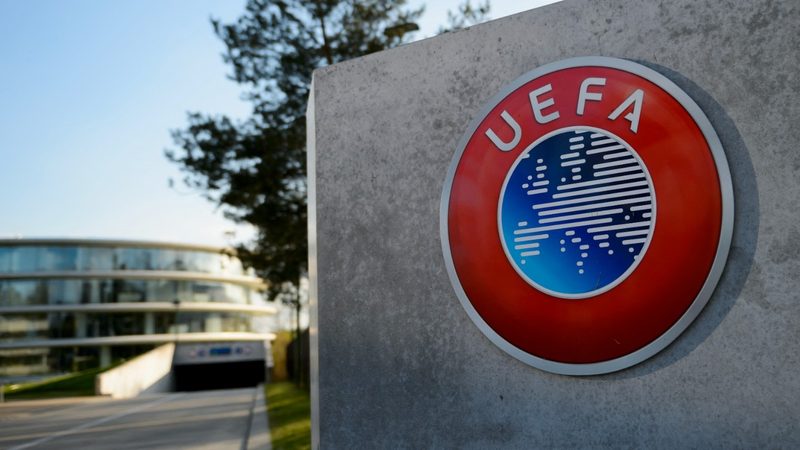
The frequently maligned Financial Fair Play (FFP) has again found itself hogging the limelight, following Manchester City’s multiple breaches of Premier League financial rules after a four-year investigation. According to the Premier League, Man City did not adhere to the directives between the 2009-10 and 2017-18 seasons.
"In accordance with Premier League Rule W.82.1, the Premier League confirms that it has today referred a number of alleged breaches of the Premier League Rules by Manchester City Football Club (Club) to a Commission under Premier League Rule W.3.4.," a release from the Premier League stated.
The club responded to the statement, saying they are surprised by the issue of the alleged breaches. The six-time champions confirmed they look forward to putting the matter to rest.
Manchester City were first charged by UEFA for breaching FFP rules in March 2019, which prompted the Premier League to launch its own investigation. However, in July 2020, the Citizens had a two-year suspension from UEFA club competitions overturned by the Court of Arbitration for Sport (CAS).
What is Financial Fair Play?
The Financial fair play (FFP) was introduced by UEFA in 2009 to ‘improve the overall financial health of European club football.’
FFP’s main objective is to prevent clubs from spending more than they earn in revenues. It also aims to prevent clubs from getting into financial trouble that could affect their long-term survival.
Essentially, FFP is a regulatory tool to prevent clubs from spending more than their stipulated budget, which could inadvertently plunge them into debts.
How does Financial Fair Play work?
UEFA permits football clubs to spend no more than €5 million (£3.9 million) over what they earn in each three-year assessment period. There is, however, a new limit of 30 million euros (previously 45 million euros) if the owners of the club or a related party can cover these losses.
What is counted under the Financial Fair Play regulations?
To comply with the Financial Fair Play regulations, the Club Financial Control Body (CFCB) stated that only a club's outgoings in the area of transfers, employee benefits (including wages), amortisation of transfers, financial costs and dividends will be included.
It will not include revenue from gate receipts, TV revenue, advertising, merchandising, or money spent on infrastructure, training facilities, or youth development.
What are the punishments for breaking Financial Fair Play rules?
The football clubs found to have breached the UEFA’s Financial Fair Play regulations will face a total of eight separate punishments. Here’s how they are ranked based on the nature of the violation.
- Reprimand / Warning
- Fine
- Points deduction
- Withholding of revenue from a UEFA competition
- Prohibition to register new players for UEFA competitions
- Restrictions on number of players a club can register for UEFA competitions
- Disqualification from a competition in progress
- Exclusion from future competitions
What are the criticisms of the Financial Fair Play regulations?
The first and the most notable drawback of the Financial Fair Play regulations is the rules creating a bias between the wealthiest clubs and teams fighting to secure European football.
Sponsorship is not an area which the FFP can easily meddle in. Any sponsorship revenue received by a club, after having had their sponsorship deals investigated and given a clear record, will be considered an exemption from Financial Fair Play.
Earlier this year, UEFA President Aleksander Ceferin confirmed that plans are in place to abolish the Financial Fair Play regulations and replace them with a salary cap and luxury tax.
As per reports, clubs in European competition would be allowed to spend 70 per cent of their revenue on salaries. Any team that breaches the new rules will have to pay a luxury tax where 'the equivalent or more' of any overspend would go into a pot to be split among other clubs.
Featured photo: AFP / Fabrice Coffrini







